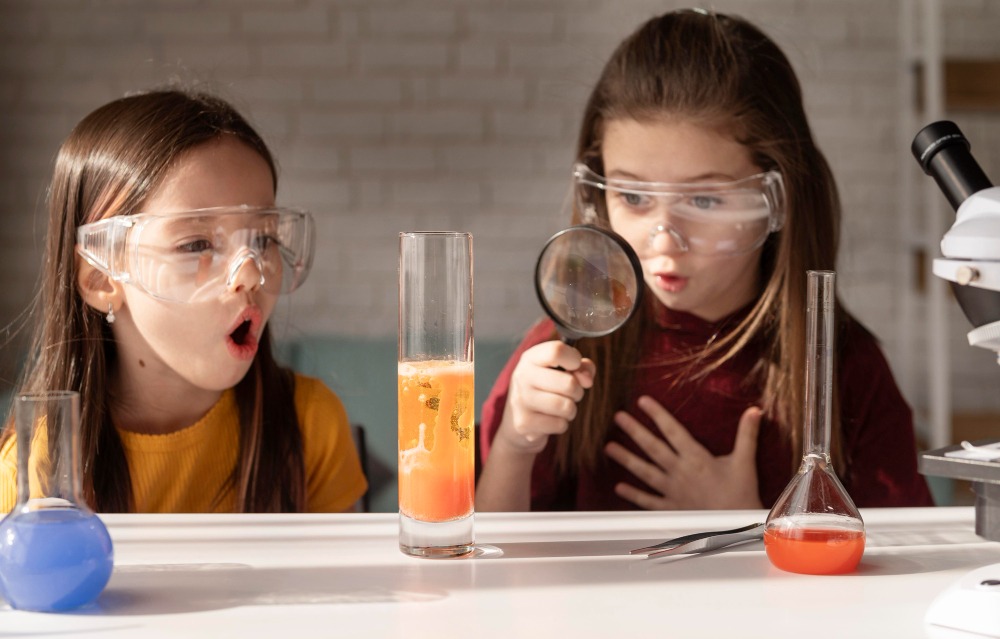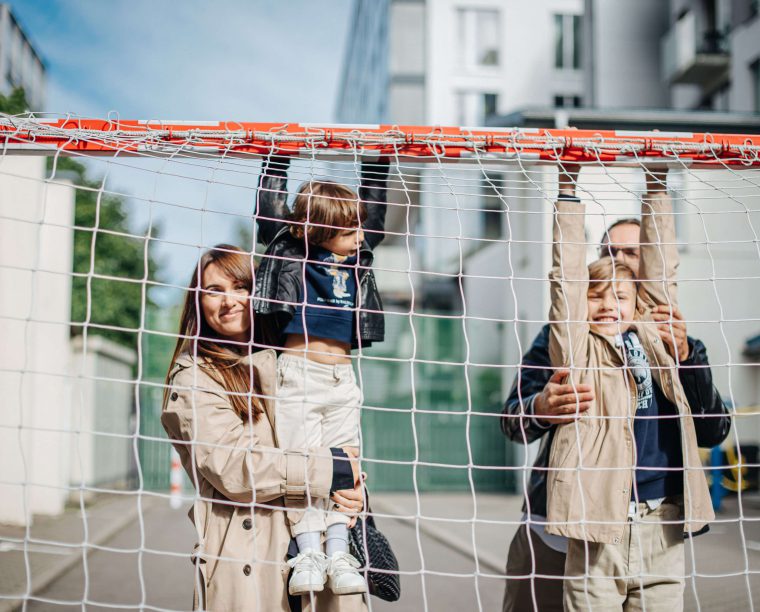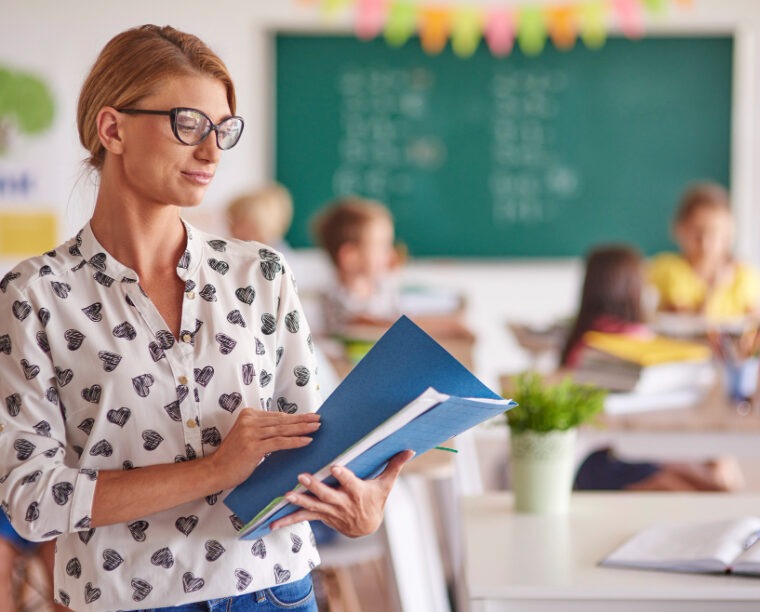
Have you noticed how children learn simply by living? One day they play in the sandbox and build a “house”, the next they try to fry an egg on their own, and another day they ask a hundred curious questions about a bug they found in the meadow. All of this is experiential learning – acquiring knowledge through real experiences. And it’s fun, because learning can happen not only through books or lessons!
Experiential education – what is it?
Experiential education is based on the idea that we learn best when we are active participants in the learning process. By experiencing real situations, trying things out, making mistakes, and finding solutions, children gain knowledge that stays with them for a long time. That’s why experiential learning is much deeper than passive listening in a classroom – it connects theory with real life.
Let’s imagine: it’s easy to read about nature conservation in a textbook, but when a child takes part in a litter collection campaign or plants a tree, their understanding becomes much deeper. Experiential learning helps children realise that their actions have meaning and can make a difference to the environment. In the long run, this helps them grow into confident and responsible adults.
Why is it so important in childhood?
It’s important for children to understand that mistakes are not failures – they are steps that lead them forward. When a child tries to tie their own shoes or build a tower out of blocks, they develop perseverance, patience, and creativity. These skills are just as valuable as academic knowledge.
In addition, experiential learning strengthens social skills. Through role play, building block houses with friends, or organising small “projects” at home, children learn to cooperate, negotiate, and respect different opinions. These are skills that will prove useful everywhere – at school, at work, and in life.
Learning that leaves a mark
Experiential education helps children realise that knowledge is not just something found in textbooks – it exists all around us. Such knowledge is much easier to remember and apply in real life.
Unlike dry academic facts, experiential learning nurtures not only the mind but also the heart. It encourages curiosity, openness, and courage – qualities that leave a lasting impression and form a genuine foundation for successful personal growth and learning.
What is self-directed learning?
Experiential learning is closely linked to self-direction, which can be described as the ability to take responsibility for one’s own learning process. When children have the opportunity to explore different activities, they begin to ask questions, seek answers, and discover what truly interests them.
For example, if a child enjoys cooking, time spent in the kitchen becomes more than just a pleasant family activity – it turns into an opportunity to apply their knowledge in practice. Measuring spoons of flour involves mathematics; discussing where food comes from draws on biology; and observing how baking soda reacts with vinegar introduces basic chemistry.
This kind of learning is no longer a chore, but a journey driven by curiosity – one in which children become genuine explorers of the world around them.
 School Saulės Gojus
School Saulės Gojus 

